This is the “slippery slope” that we as HUMANS need to consider when conducting MASS detention.
- By : James Bryson
- Category : Human Interest, Immigration, World Events
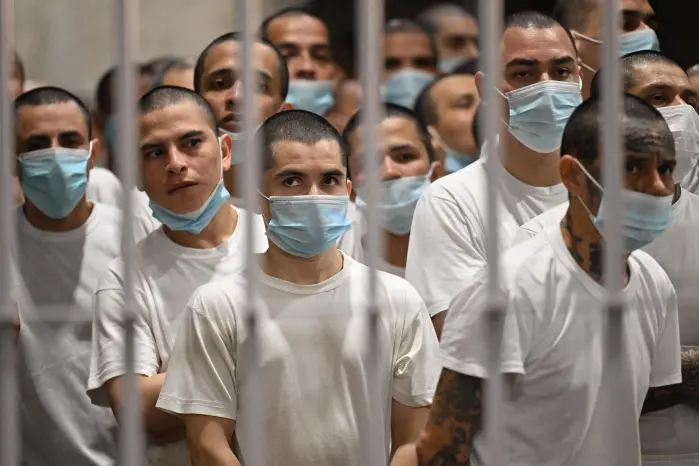
The images are the most compelling testimony of the suffering: Luis missing a front tooth, Daniel with a broken nose, Mateo and Carlos with pellet wounds. They are part of the report ” They Arrived in Hell ,” published by Human Rights Watch (HRW), which details the abuses committed against Venezuelan migrants imprisoned in El Salvador’s Terrorism Confinement Center (Cecot) , the gigantic prison that has become a symbol of Nayib Bukele’s regime.
The document describes a systematic pattern of torture, beatings, humiliation, and sexual violence suffered by 252 Venezuelans who, after being detained by U.S. immigration authorities, were sent on March 15 to the Cecot detention center by order of President Donald Trump , who accused them of belonging to the Tren de Aragua gang . They remained there for four months and three days , subjected to inhumane treatment, before being returned to Venezuela on July 18 in an exchange that freed ten Americans imprisoned in the South American country.
Testimonies gathered by HRW and the NGO Cristosal reveal a torture regime that combined physical punishment with psychological terror. Daniel recounted how his nose was broken after speaking with representatives of the International Red Cross. “They kept hitting me in the stomach, and when I tried to breathe, I choked on my own blood,” he said. Other inmates confirmed that guards beat them “for having told the Red Cross” what was happening in the prison.
Flavio, another of the detainees, recounted that the psychological torture was the most devastating. “They told us we would never get out of there, that our families thought we were dead. The only way to leave Cecot was in a body bag,” he stated.
During visits by officials or journalists—including that of U.S. Secretary of Homeland Security Kristi Noem —guards distributed pillows and toiletries to mask the conditions. Then, after the visitors left, the prisoners suffered further beatings.
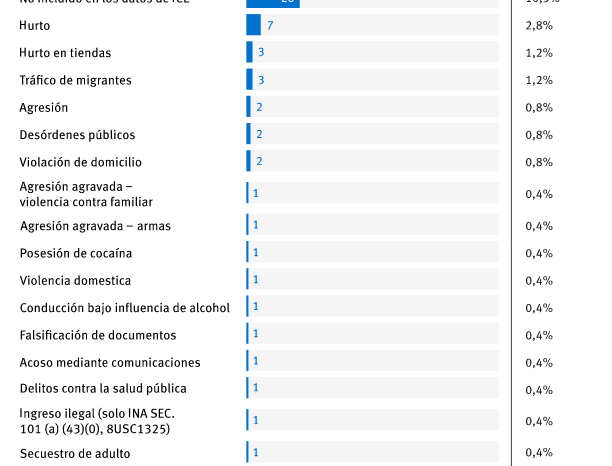
The report also includes cases of sexual violence . Mario, one of the inmates, reported being raped by four guards in an isolation cell known as “the island.” “They put their batons between my legs and rubbed them against my private parts. Then they forced me to perform oral sex on one of them,” he recounted. Nicolás, another prisoner, confirmed that during beatings, officers touched their genitals and made degrading comments.
HRW emphasizes that the assaults were intended to “subdue, humiliate, and psychologically break” the detainees. The guards, identified by nicknames such as Satan , Tiger , and Panther , acted with their faces covered and with complete impunity. “The repeated nature of the abuses suggests that they acted with the approval or tolerance of their superiors,” the report states.
The investigation alleges that the United States, El Salvador, and Venezuela committed serious violations of international law. Washington violated the principle of non-refoulement by sending people to a country where evidence of torture existed. El Salvador, for its part, concealed the whereabouts of the detainees, refusing to provide information even after 76 habeas corpus petitions .
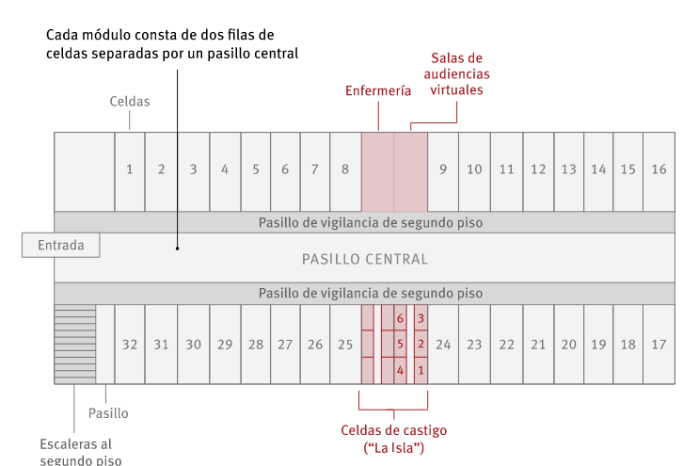
For months, families didn’t know where their loved ones were. The names disappeared from the Immigration and Customs Enforcement (ICE) computer system , and U.S. authorities claimed “ignorance.” El Salvador declared the list of prisoners confidential for seven years. Meanwhile, the courts and the Salvadoran human rights commissioner remained silent.
Upon being returned to their country, the detainees were interrogated, searched, and subsequently monitored by the Bolivarian National Intelligence Service (SEBIN) . Some agents visited their homes, asked them to record videos about their detention, and inquired whether they were cooperating with U.S. agencies. “I live in fear,” several of them confessed.
The survivors have not received psychological support. “Every time I hear the sound of keys and handcuffs, I freeze,” said Daniel. The trauma remains a part of his life, like an invisible scar that even returning home could not erase.
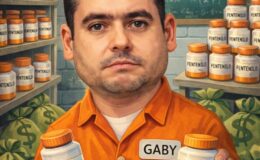
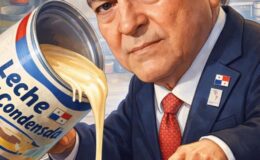

No Comments